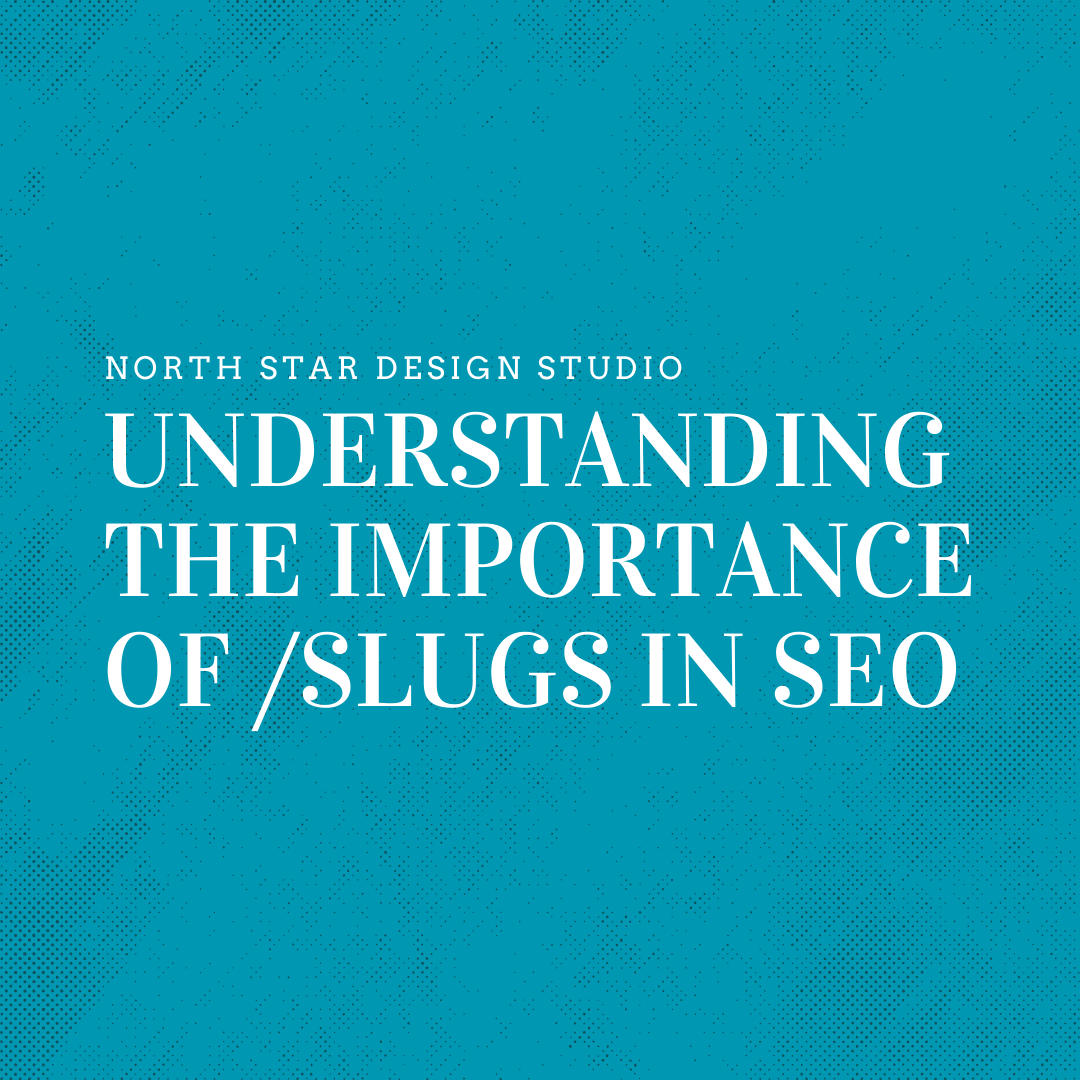When discussing search engine optimization (SEO), every detail on your website contributes to its overall performance. From meta tags to backlinks, each component influences how search engines rank your content. One often-overlooked yet vital detail is the “slug.” But what exactly is a slug, and how does it affect SEO? Let’s explore its role and discover how optimizing slugs can elevate your website’s visibility.
What is a Slug in SEO?
A slug refers to the portion of a URL that comes after the domain name, indicating the specific webpage or post. Essentially, it’s the text that follows your website’s main address and serves as a concise descriptor of the page’s content. For example, in the URL https://example.com/seo-tips, the slug is seo-tips.
Slugs have dual benefits: they enhance user experience by making URLs readable and assist search engines in understanding a page’s content. When crafted well, a slug serves as a guidepost for both users and search engines, improving site navigation and boosting rankings.
Why Are Slugs Important for SEO?
Although they may seem like a minor detail, slugs play a significant role in SEO for several reasons:
1. Enhancing Readability and User Experience
Slugs are among the first elements users notice in a URL. A clean, descriptive slug not only helps users understand what the page is about but also encourages them to click on the link. For instance, a slug like how-to-bake-bread is far more inviting than one like page12345.
Readable URLs are easier to share across platforms, from social media to email, potentially driving more traffic to your site.
2. Aiding Search Engine Understanding
Search engines rely on slugs as part of their process to interpret a page’s relevance. A slug containing targeted keywords signals the content’s focus. For example, a page on “budget travel tips” with the slug budget-travel-tips is more likely to rank for those keywords than a generic or irrelevant slug.
That said, it’s crucial to avoid keyword stuffing, which can harm your rankings. Slugs should be concise, descriptive, and natural.
3. Strengthening URL Structure
A clean URL structure is a hallmark of good SEO. Search engines prioritize simple, organized URLs that are free of unnecessary characters or long strings of numbers. A well-optimized slug contributes to a logical, user-friendly website architecture.
For instance:
- Good: https://example.com/healthy-snack-ideas
- Bad: https://example.com/1234/healthy-snacks@
A clear structure ensures that your site is easy for search engines to crawl and index.
Creating SEO-Friendly Slugs
To maximize the SEO potential of your slugs, follow these best practices:
1. Use Relevant Keywords
Incorporate targeted keywords into your slugs to improve visibility. For instance, if your page is about “digital marketing trends,” a slug like digital-marketing-trends is ideal. Avoid unnecessary words, like “the” or “in,” unless they add clarity.
2. Keep It Short and Precise
Shorter slugs are easier for search engines and users to process. Aim for 3–5 words that reflect the content clearly. For example:
- Good: learn-seo-basics
- Bad: everything-you-need-to-know-about-learning-seo-in-2025
3. Avoid Special Characters and Spaces
Special characters like &, %, or $ can complicate your URLs and confuse search engines. Use hyphens to separate words in slugs, as they are treated as spaces by search engines. For instance:
- Good: social-media-strategies
- Bad: social_media_strategies
4. Be Consistent
Develop a uniform pattern for your slugs, especially for blogs or product pages. Consistency helps search engines and users navigate your site more effectively.
5. Use Hyphens Over Underscores
Always use hyphens (-) rather than underscores (_) to separate words in your slug. Hyphens are easier for search engines to interpret as word breaks, improving readability and SEO.
Common Mistakes to Avoid
While creating slugs, steer clear of these pitfalls:
- Overloading with Keywords: Adding too many keywords can make slugs look spammy and harm your SEO efforts.
- Frequent Changes: Changing slugs on existing pages without proper redirects can result in broken links and loss of traffic.
- Ignoring Mobile Optimization: Complicated or lengthy slugs can be challenging to navigate on mobile devices, potentially driving users away.
Conclusion
Although slugs may seem like a minor aspect of SEO, they can significantly impact your website’s performance. Clean, concise, and keyword-optimized slugs improve user experience, enhance search engine understanding, and contribute to a more organized site structure.
By paying attention to details like slugs, you can elevate your SEO strategy and help your website achieve better rankings. Remember, even the smallest optimizations, when executed consistently, can make a big difference in driving traffic and improving visibility.





